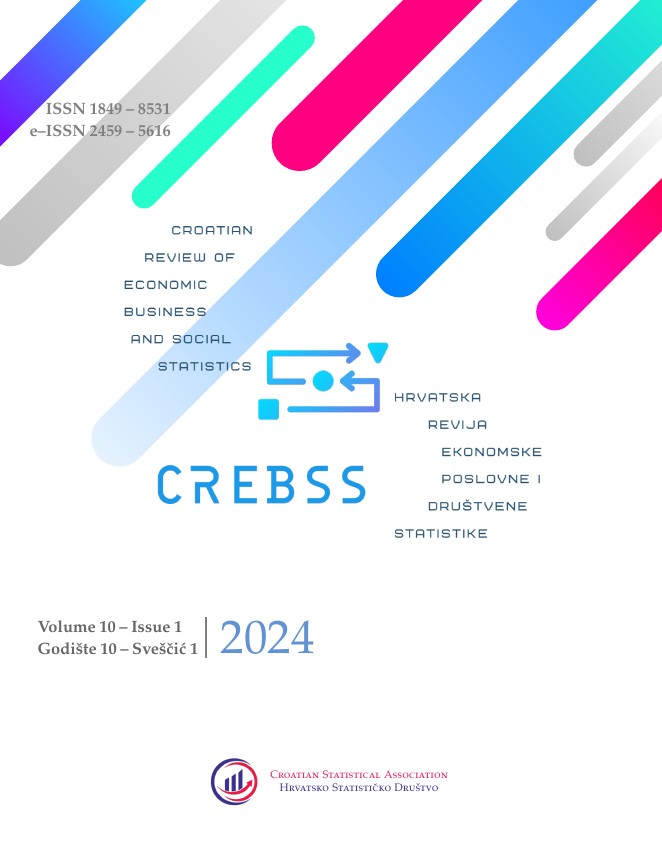Unlocking educational paths: Influential factors of Bosnia and Herzegovina’s students performance
DOI:
https://doi.org/10.62366/crebss.2024.1.003Keywords:
BiH, education, international assessment, PISA, socio-economic statusAbstract
This paper explores the influence of socio-economic status on the education performance of male and female students in Bosnia and Herzegovina, utilizing data from the 2018 Programme for International Student Assessment (PISA). The study defines key terms such as education, socio-economic status, and international student assessments, emphasizing the significance of a quality educational system for societal development. By employing three models for science literacy, mathematics, and reading, the results indicate that parents' education and possession of cultural goods significantly impact student achievements. Students with higher-educated parents and who possess more books at home perform better in PISA tests. The gender variable however is found not to be statistically significant. The study emphasizes the significance of a "quiet study space", suggesting that students with such an environment achieve higher science test scores. While causality is not established, the analysis provides insights into the initial impact of socio-economic status on student achievements. The paper advocates for continued participation in international assessments project like PISA to monitor educational achievements and inform evidence-based policy making. The findings underscore practical implications for educational policymakers, and recommendations to enhance Bosnia and Herzegovina's educational system.
Downloads
Published
How to Cite
Issue
Section
License
Copyright (c) 2024 retained by the author(s)

This work is licensed under a Creative Commons Attribution-NonCommercial-NoDerivatives 4.0 International License.

